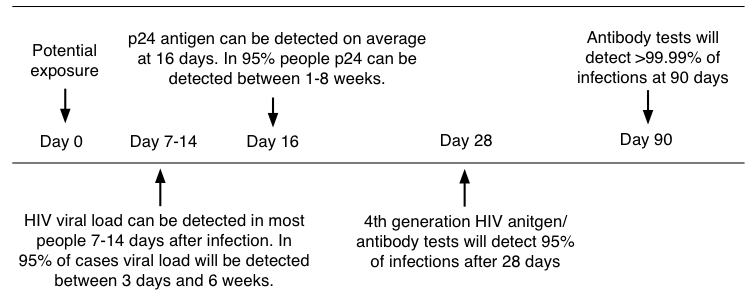Prenatal Paternity Test - Prenatal DNA Testing - AlphaBiolabs

Not known Details About Cell-free DNA testing for Down syndrome explained - Sanford
.20181129143917.jpg)
If you're pregnant and have concerns about the paternity of your growing baby, you might be questioning your alternatives. Do you need to wait out your whole pregnancy before you can figure out the daddy of your baby? While a postpartum paternity test is an option, there are likewise tests that can be carried out while you're still pregnant.
Technological advancements mean there's little threat to mama or child. If establishing paternity is something you require to do, here's what you ought to know about taking a paternity test during your pregnancy. A paternity test determines a biological relationship between a baby and the father. It is essential for legal, medical, and mental reasons.

DNA Testing for Ancestry & Genealogy - FamilyTreeDNA
When the kind is finished, couples have actually a designated quantity of time to request a DNA paternity test for amendments to the form. This kind is submitted with the Bureau of Essential Data as a lawfully binding file. Paternity tests can be performed throughout or after a pregnancy. Postnatal tests, or those done after a baby is born, can be finished through an umbilical cable collection after delivery.
< The Most Complete Run-Down ="p__3">Waiting to establish paternity till delivery, while guaranteeing accurate results, might be challenging for you and the alleged daddy. There are a number of paternity tests that can be performed during pregnancy. Noninvasive prenatal paternity (NIPP)This noninvasive test is the most precise way to establish paternity during pregnancy. It includes taking a blood sample from the supposed dad and the mom to conduct a fetal cell analysis.

9 Best DNA Test for Health 2021 - Identify Health Risks at Home
Getting My Cell-Free DNA Test - Women's Health - Associates for To Work
The result is more than 99 percent accurate. The test can likewise be carried out after the 8th week of pregnancy. Amniocentesis, In between weeks 14 and 20 of your pregnancy, an amniocentesis test might be performed. Generally, this intrusive diagnostic test is utilized to spot neural tube problems, chromosome problems, and hereditary conditions.

Non Invasive Prenatal Paternity Test, test as early as 9 weeks, blood draw, DNA, Fetus, No Risk, - ANGEL MOBILE HEALTH SERVICES, LLC
The DNA collected will be compared to a DNA sample from the possible dad. Results are 99 percent accurate for establishing paternity. Amniocentesis carries a small risk of miscarriage, which can be triggered by premature labor, your water breaking, or infection. Negative effects of this treatment can consist of: vaginal bleedingcrampingthe dripping of amniotic fluidirritation around the injection website, You'll require your medical professional's approval to have actually an amniocentesis performed entirely for the function of paternity testing.
